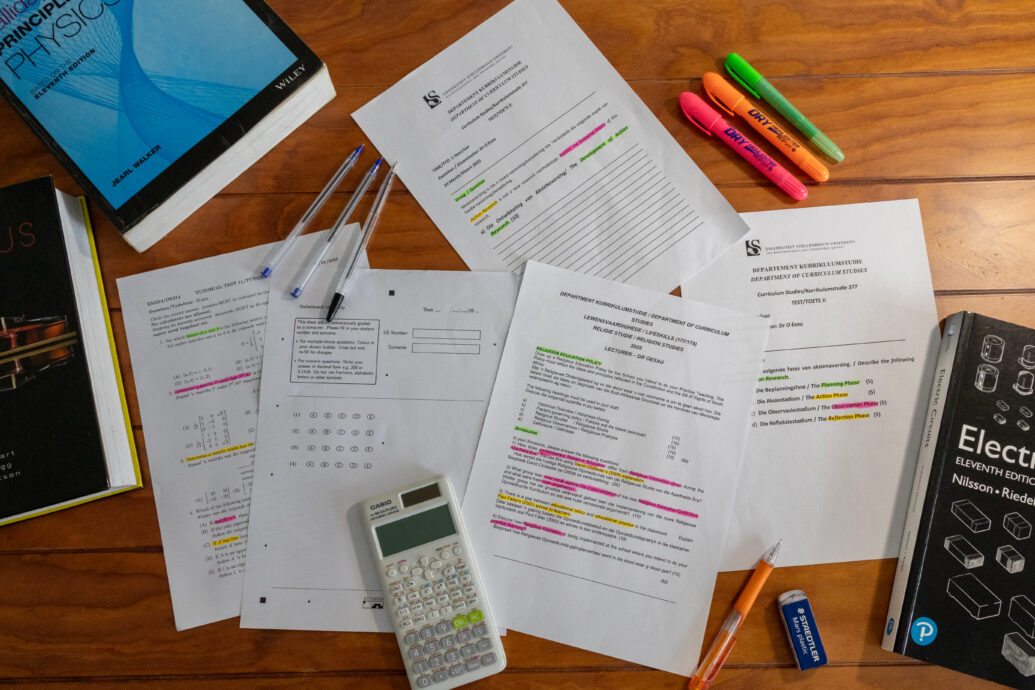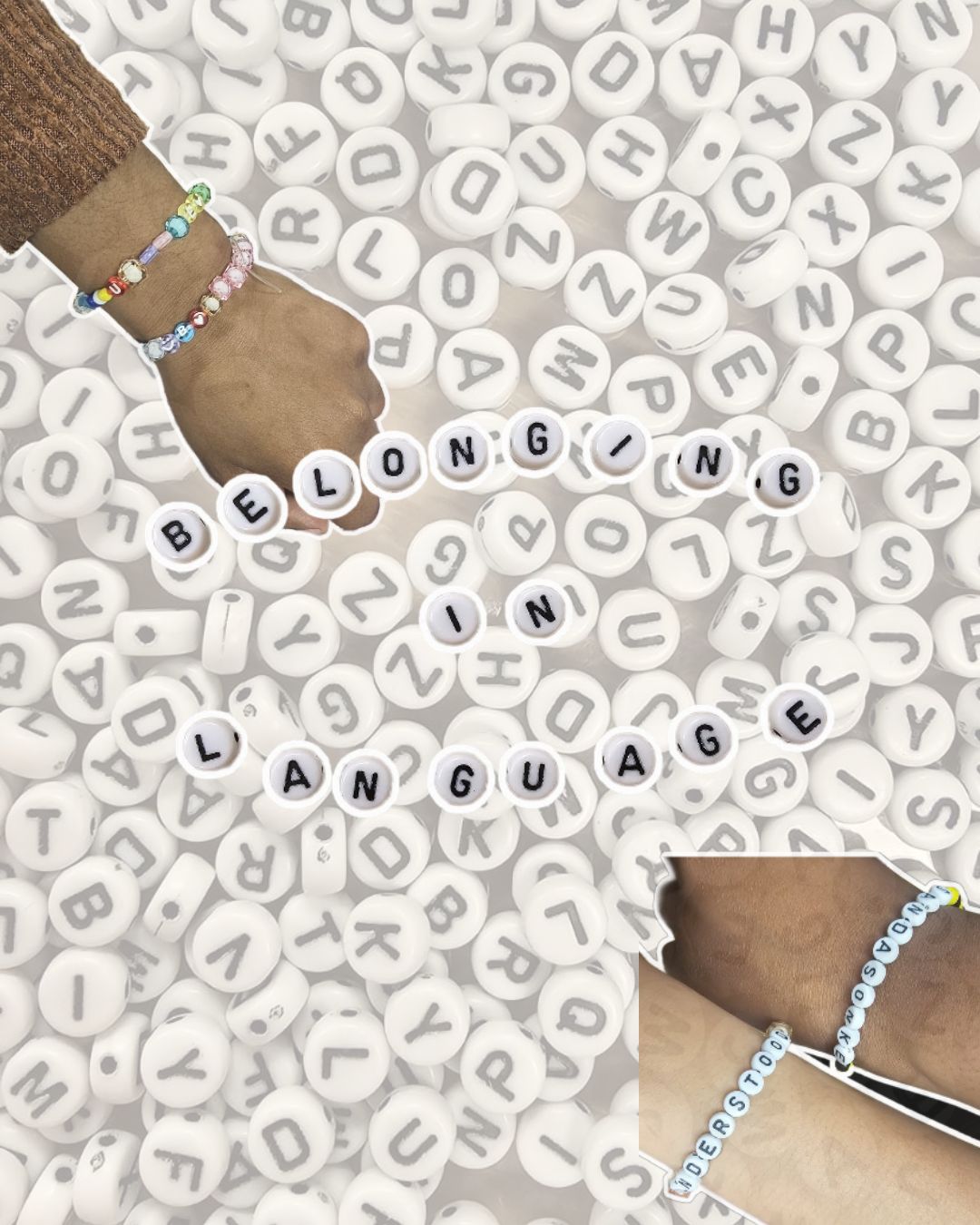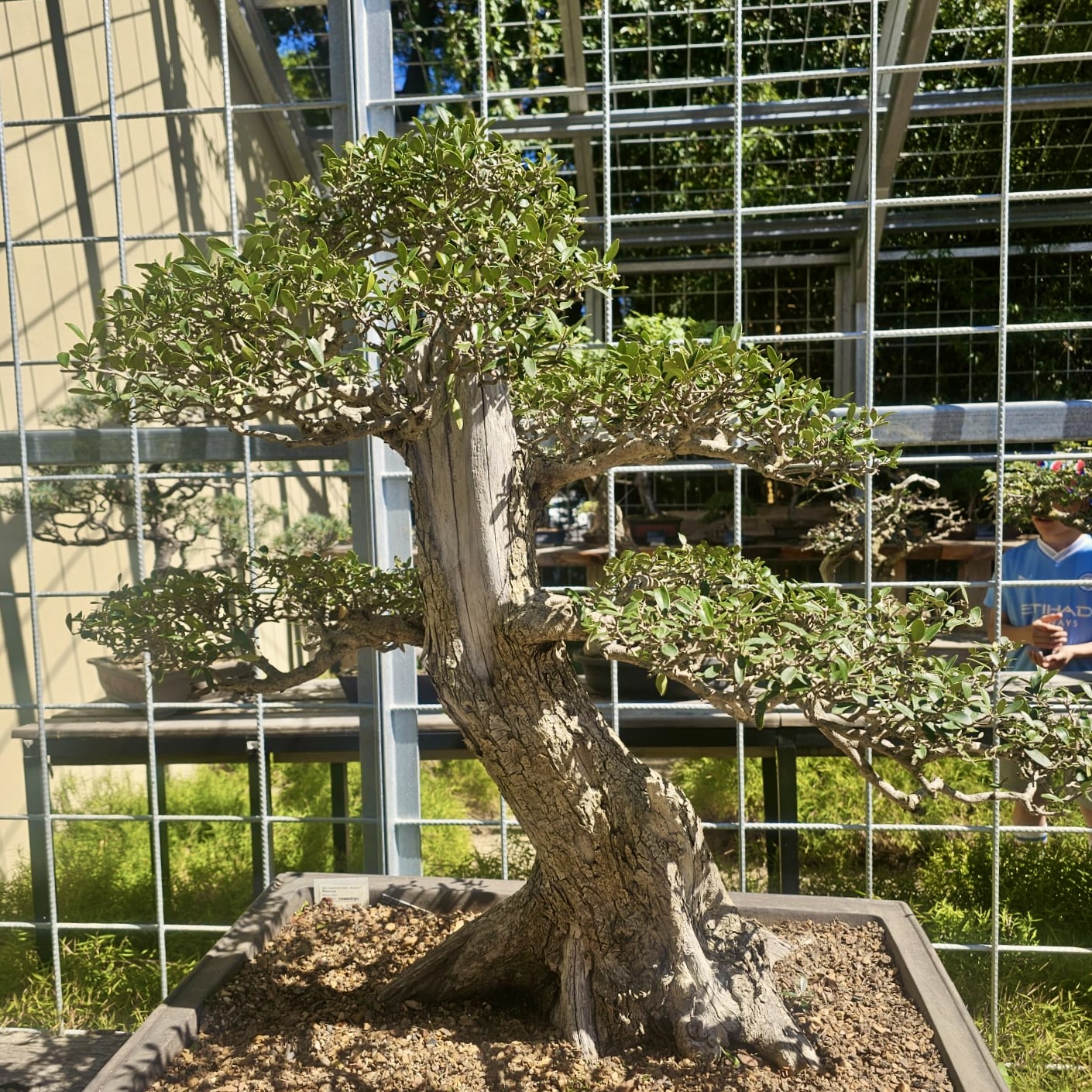There is a current discussion on campus on whether university assessments genuinely reflect what students know and if they are preparing us for the working world post graduation. Assessment methods shape student experience, learning, and future readiness.

Anna Winternitz, a second-year BA (Humanities) student, describes her experience as a balancing act between memorisation and genuine understanding. She finds multiple-choice questions, common in psychology modules “absolutely useless” for testing deep thinking. “You can guess your way through and still pass,” she adds. For Winternitz, argumentative essays and discussions are far more effective as it shows someone understands what they are saying.
Kay-Lee Pilkington, a second-year BSc (Molecular Biology and Biotechnology) student, acknowledges the pressure of scientific assessments but praises their structure. “You need to understand your work, not just memorise it,” she notes. In the science faculty, multiple-choice questions often involve calculations, with some offering method marks to reward the process.
Each faculty has different rules and different goals in what they want their students to achieve. A common path lecturers tend to follow supposedly is deciding what they want to assess and then building the assessment around that. From a teaching perspective, assessments should do more than evaluate student learning, according to Dr Shannon Bishop-Swart, an English language and literature lecturer in the Education department teaching the Honours module titled “Digital Pedagogies and Language Learning”.
They should also help lecturers reflect on how effectively they are teaching.
“Assessment should aid learning, not hinder it,” Bishop-Swart explains.
But, the use of AI in post-COVID learning environments shows that academic honesty in assessments is increasingly hard to ensure. When it comes to traditional essays, Bishop-Swart is rethinking everything and is now using AI-generated essays in class to analyse how it makes its arguments and presents critical thinking. She has also introduced group-based, practical assessments. For the future workplace, Bishop-Swart says, “it’s far more meaningful”.
So, how we are being prepared for the real world seems to be faculty specific. Winternitz believes her geography module, for example, gives her a strong knowledge base, but her degree in the arts and social sciences faculty falls short in teaching interpersonal skills. Pilkington, however, feels more equipped in the science faculty. “They’re not just testing memory; they’re teaching us how to think,” she remarks. Bishop-Swart highlights an often overlooked strength in the Faculty of Education, which is reflective practice. Reflecting after learning and being assessed often places that knowledge and feelings of that knowledge into perspective.
Assessments that are fair and meaningful are relevant to students. Tools that challenge students intellectually while remaining manageable are important for lecturers. As Bishop-Swart states, when possible, “We can’t prepare students for everything, but we can expose them to real-world applications within their field.”
By Agnes Homwe and Julian Gordon



